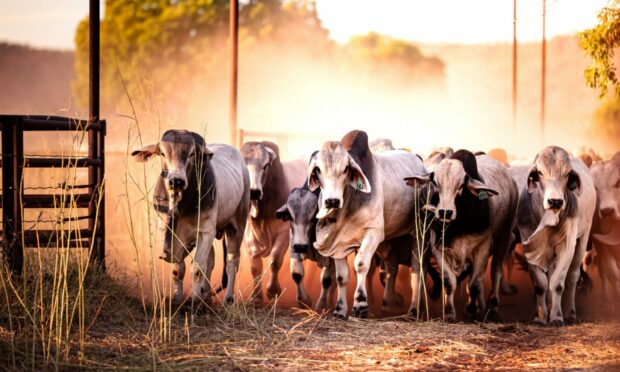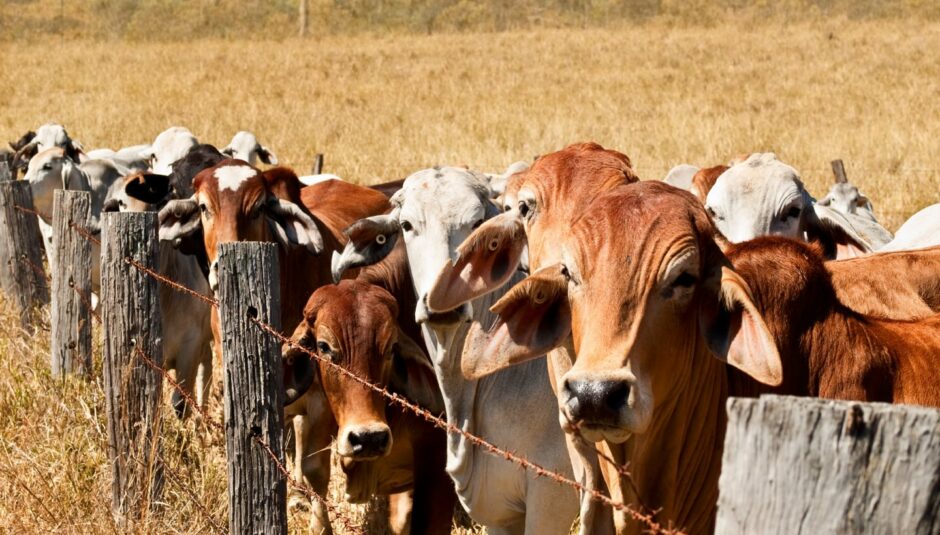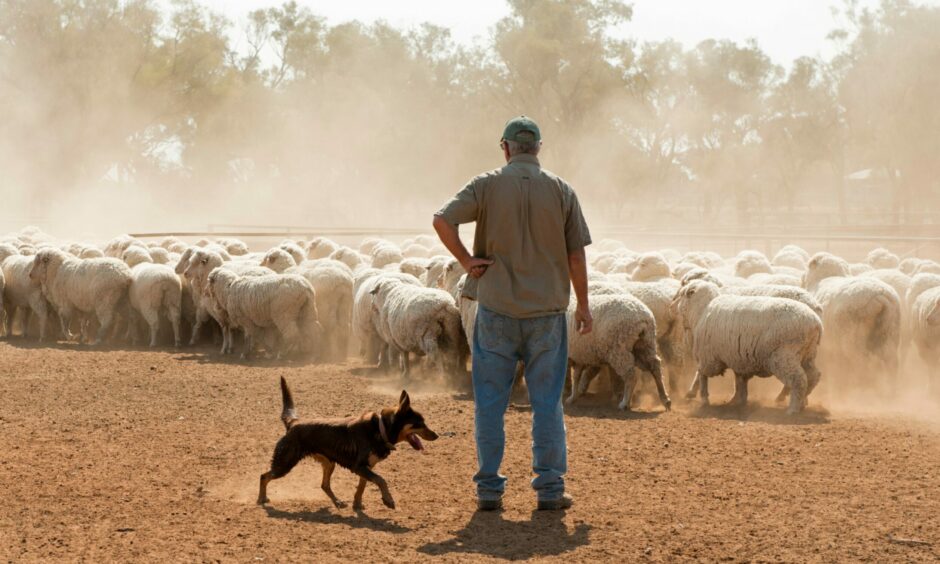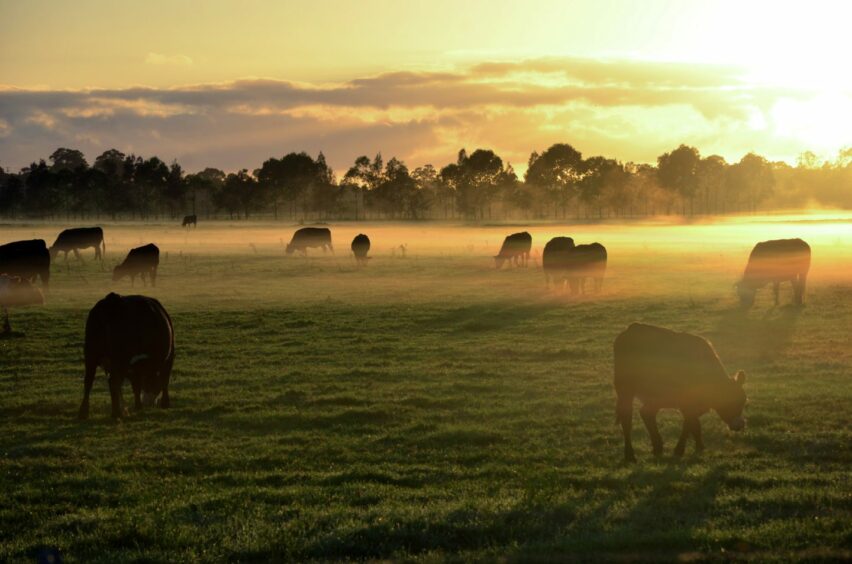A new evidence-based report on the implications of the proposed trade deal with Australia confirms that increases in imports of beef, lamb and dairy produce are likely – albeit modest compared to the UK’s total imports.
The report by the AHDB acknowledges that the size and scale of Australian agricultural production leaves little scope for UK producers to compete at a commodity level, and warns that farmers here need to prepare for change .
However the report also points out that the level of imports to the UK largely depend on Australia’s relationship with China.
It concludes: “Australian products will go to the market that returns the most, not the one where it can undercut the domestic counterpart.”
A trade network model compiled with Harper Adams University to quantify the impact of the deal assumes that for the lamb sector Australia will keep its preferential trading arrangements with China.
It adds: “However, if Australia were to lose these arrangements, then Australian product would emerge onto the world stage and may undercut our domestic market, due to lower costs of production. With the UK a high-income, developed market, it will only increase its attractiveness as a destination for Australian lamb.”
For beef , the model suggests that in the short term imports are likely to be in the form of higher value cuts into the food service sector.
It states: “This is likely to impact the demand for, and price of, domestic high value cuts, and will mean the overall value of domestic carcasses will be reduced.
“However, the forecast expansion of the Australian cattle herd represents a real risk to the UK market.”
The report offers some hope for UK cheese exporters as Australia is a net-importer of cheese although it adds that the cyclical nature of Australian production due to weather means means it will not be a consistent market as domestic supply and demand changes.
The AHDB’s Head of Strategic Insight, David Swales, pointed out Australia has built up a diverse portfolio of markets for its agricultural products and is able to meet the requirements of the UK’s food safety laws.
He said: “Farmers and producers need to prepare for this period of change, which is occurring against the backdrop of our own structural change in farm policy, to enable the UK to compete in a more global setting.
“Australia might be the first new trade deal the UK negotiated but it certainly won’t be the last.”



